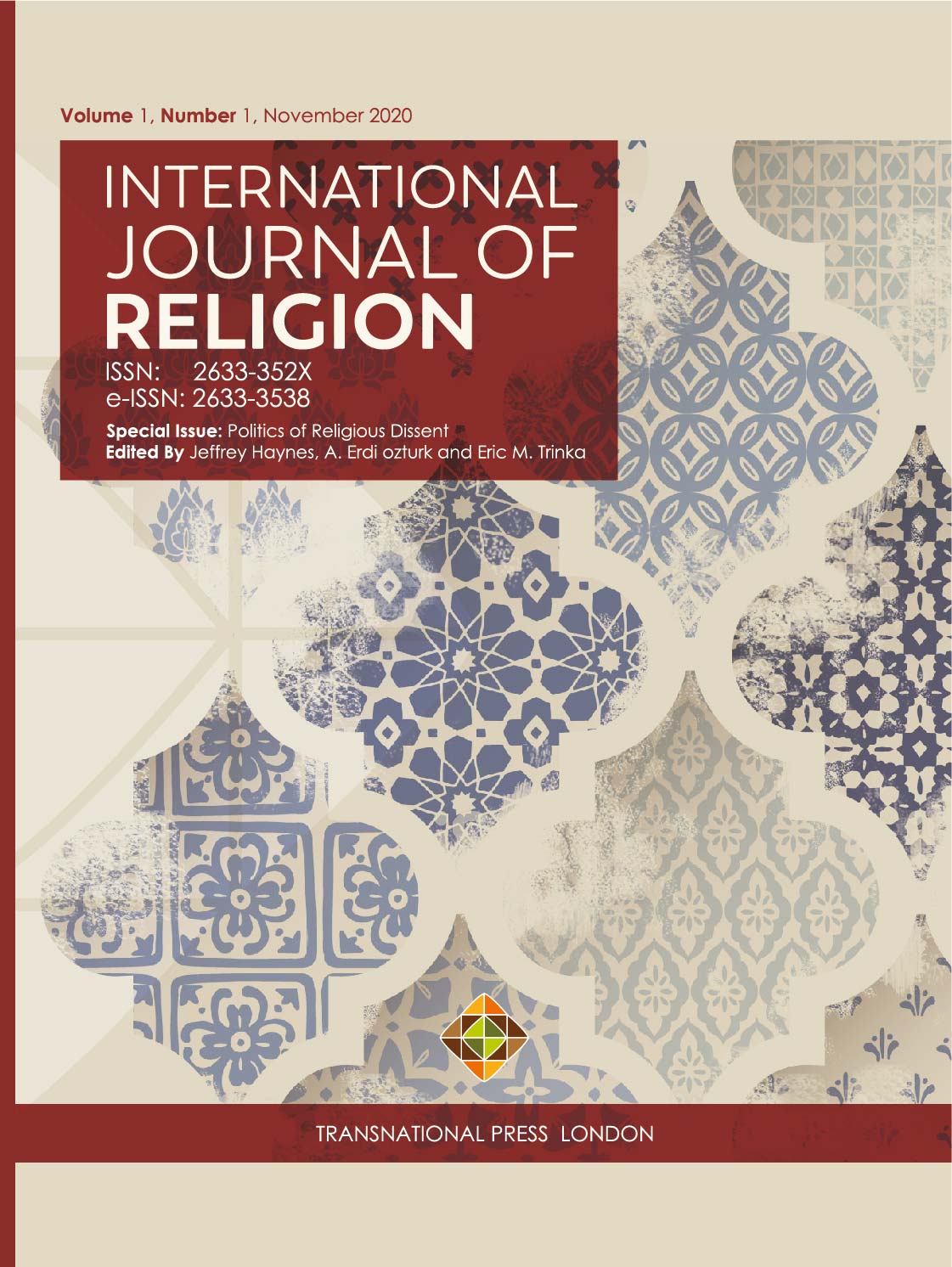Islam, Catholicism, and Religion-State Separation: An Essential or Historical Difference?
Islam, Catholicism, and Religion-State Separation: An Essential or Historical Difference?
Author(s): Ahmet T. KuruSubject(s): Social Sciences, Psychology, Sociology, Theology and Religion, Islam studies, Comparative Studies of Religion, Politics and religion
Published by: Transnational Press London
Keywords: Islam; Catholicism; separation; ulema; state;
Summary/Abstract: There exist severe restrictions over religious dissent in most Muslim-majority countries. This problem is associated with the alliance between religious and political authorities in these cases. I argue that the alliance between Islamic scholars (the ulema) and the state authorities was historically constructed, instead of being a characteristic of Islam. Hence, the essentialist idea that Islam inherently rejects religion-state separation, whereas Christianity endorses it, is misleading. Instead, this article shows that the ulema-state alliance in the Muslim world was constructed after the mid-eleventh century, as well as revealing that the church-state separation in Western Europe was also historically institutionalized during that period. Using comparative-historical methods, the article explains the political and socioeconomic backgrounds of these epochal transformations. It particularly focuses on the relations between religious, political, intellectual, and economic classes.
Journal: International Journal of Religion
- Issue Year: 1/2020
- Issue No: 1
- Page Range: 91-104
- Page Count: 14
- Language: English

